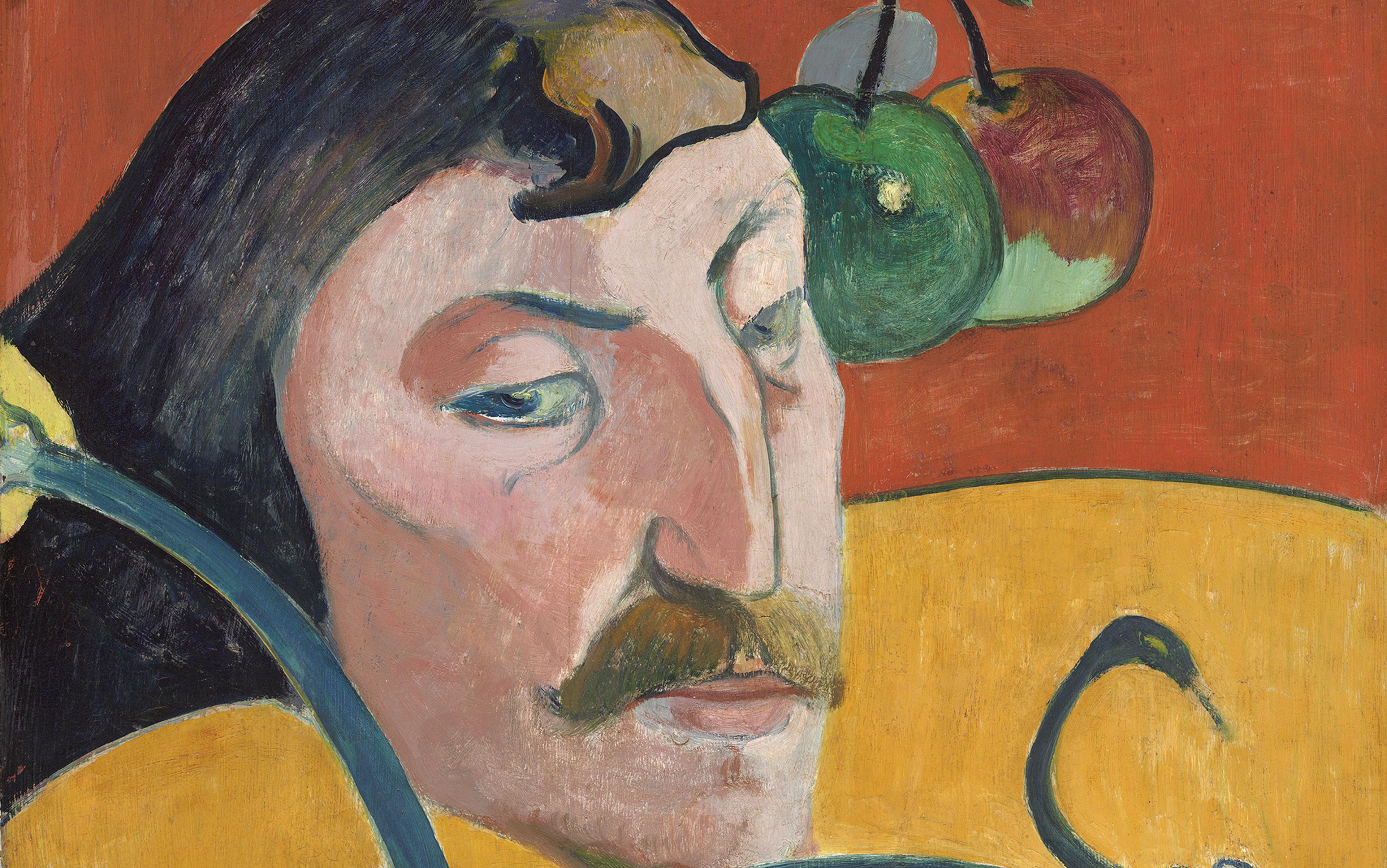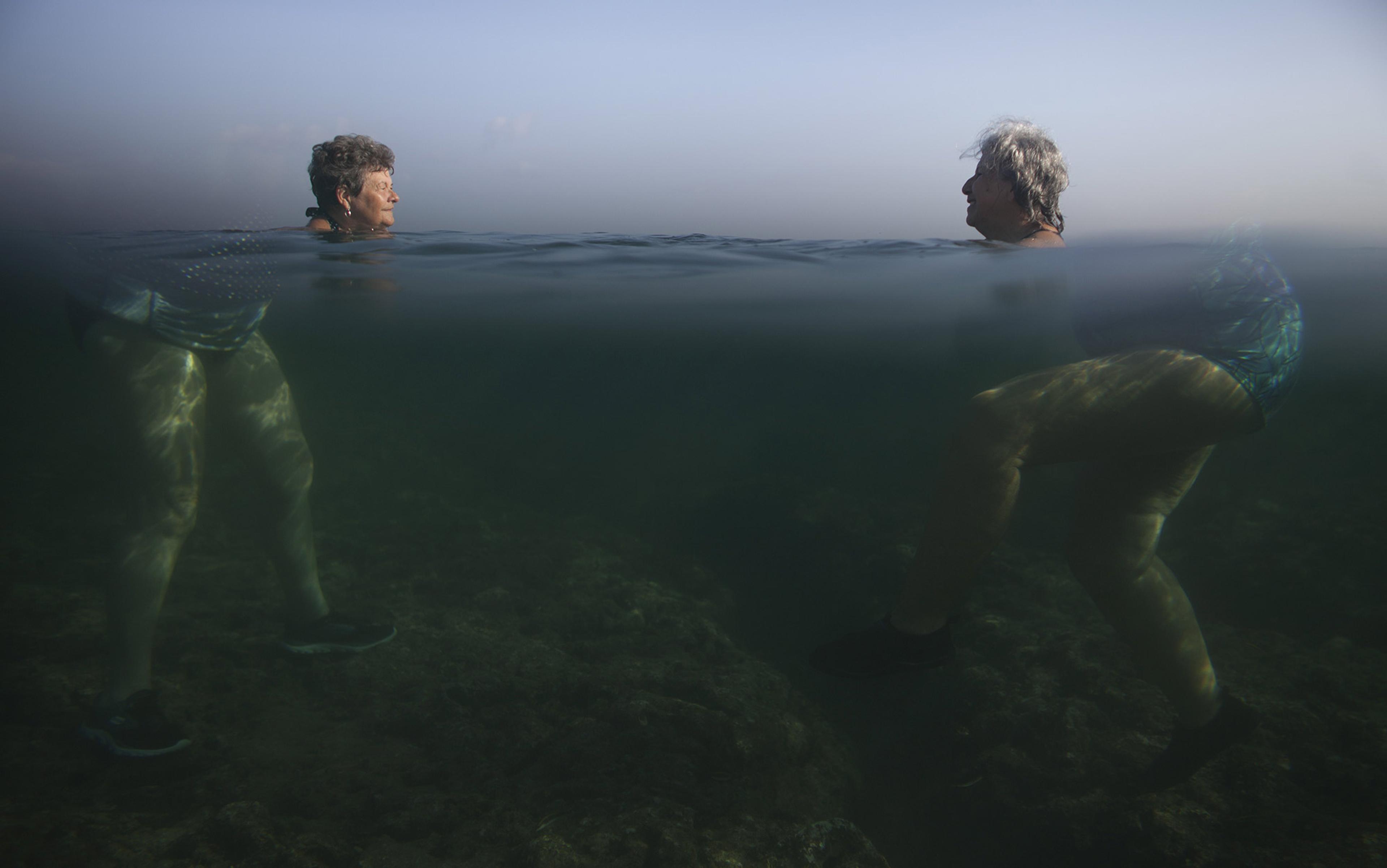Most of what we know, we know from someone else. I believe that Moroni is the capital of the Comoros Islands in the Indian Ocean because a friend of mine just told me this five minutes ago, and I have no reason to think that she is trying to trick me. But she hasn’t been there either – she also knows this only because she read it somewhere.
We acquire most of what we know about the world this way – by testimony. Testimony is a good thing. If we could rely only on our own senses, our knowledge would be very limited. When you watch the news, listen to the weather forecast or gossip about a colleague at the water fountain, you are relying on other people’s testimony. This healthy distribution of tasks expands our cognitive horizon.
So most of our beliefs are based on other people’s beliefs. How about desires? What are our desires based on? Well, at least partly on other people’s desires.
Imagine that your friend, a great gourmet cook, loves this one restaurant and goes on and on about wanting to go there. It is difficult not to find yourself wanting to go there too. Or imagine that, although you really don’t feel like dancing, you go along to a nightclub with your friends. But with everyone around you dancing, you find yourself wanting to dance.
I call this desire infection. We often get infected by the desires of people around us. This should not surprise anyone. We also often start yawning when people around us yawn. And we get infected by the emotions of others – a film can seem much funnier if everyone in the audience is laughing out loud. Our emotions are influenced by the emotions of others. And our desires are influenced by the desires of others.
The difference is that emotions are fleeting. When you leave the cinema, you might no longer find the film that funny. And if you are no longer in the same room as the yawners, you will stop yawning. But desires that you form on the basis of other people’s desires can stay with you for years and decades, and have a major impact on how your life turns out to be.
Here is an example from my own life. When I first lived in London, the apartment I found happened to be a block away from the stadium of Arsenal, one of the biggest soccer teams in the UK. When I first moved there, I had no interest whatsoever in what Brits call football. But after half a year of walking home among Arsenal fans and having breakfast at the Arsenal Café and late-night drinks at the Arsenal pub, surrounded by Arsenal supporters who can talk only about their team, I began to want Arsenal to do well. And I still do, years and years later.
But we don’t normally learn our desires in our 20s from Arsenal fans. We learn very many of them when growing up, from our parents and siblings. Many of these desires are about much more touchy-feely things than which football team to support. And they stay with us until the end of our life.
The real problem is that, while in the case of testimony we are pretty good at screening out false beliefs, we are completely defenceless against some forms of desire infection. But if this is true, then the whole idea of an autonomous self is somewhat illusory. Much of what we do in life is drifting along fuelled by the desires of those around us.
How do we form desires? Here are four options:
Exhibit A: I wake up and feel terribly thirsty – this thirst can serve as the basis of my desire to drink (something). I form this desire merely on the basis of my needs.
Exhibit B: again, I feel thirsty, and I believe that drinking the orange juice that is in my fridge will quench my thirst because I have drunk the very same kind of orange juice many times before in my life. So I form a desire to drink this orange juice. And I form this desire on the basis of beliefs – beliefs that I did not acquire by means of testimony.
Exhibit C: I am a novice to the world of Italian fine wine but on the basis of talking to my Italian wine-connoisseur friend who really wants to try a bottle of 2004 Brunello di Montalcino, I also form a desire to drink some 2004 Brunello di Montalcino. I have never tasted any Brunello, let alone a 2004 Brunello, so my belief that the year 2004 is the one to go for is based on testimony. I form a desire on the basis of a belief that I got from testimony.
Exhibit D: in the cult film Blow-Up (1966) by Michelangelo Antonioni, there is a scene at a rock concert where the protagonist grabs a piece of the guitar that one of the band members has just smashed. Once he has managed to escape all the other fans who want the same guitar piece and is safely alone on the street, he throws the piece away. The protagonist’s desire was formed on the basis of the other fans’ desires but it is not based on a belief that he acquired by means of testimony. He does not seem to have a belief that this guitar piece is very valuable or precious – given that he throws it away once he’s on the street.
The last two cases would count as desire infection. But there is a big difference between them. In the Brunello example, my desire is infected only because the belief it is based on is acquired by testimony. But no testimony is involved in the Blow-Up example.
Sometimes we are infected by someone else’s desire independently of any beliefs we might have acquired from this person by testimony. This would count as ‘direct desire infection’. The Antonioni scenario would be an example of direct desire infection: the protagonist presumably has no beliefs about the value of the guitar piece, but he still got infected by the desire of the people around him. By contrast, in the case of the Brunello example, we get ‘indirect desire infection’: we are infected by someone else’s desire because we acquired a belief from her by testimony. Indirect desire infection piggybacks on testimony; direct desire infection doesn’t.
Direct desire infection is often difficult to spot because we tend to rationalise it away. If I find myself with a desire that does not seem to be based on any of my beliefs – or maybe it is even in conflict with some of my beliefs – I can rationalise my desire and come up with some (confabulated) explanation for why I want what I want. We have plenty of experimental evidence from social psychology that we go to great lengths to make sense of and rationalise our actions, preferences and desires. When we find ourselves with a seemingly odd desire as a result of direct desire infection, which might even contradict our most deeply held beliefs, we should expect such post-hoc confabulated rationalisations (‘Haven’t I seen a study about how smoking is not really bad for you?’). And post-hoc confabulated rationalisations of this kind can cover up the importance and prevalence of direct desire infection.
What to do then? How can we protect ourselves from desire infection? The bad news is that much of desire infection happens under the radar. Like emotional contagion, but unlike testimony. In the case of testimony, we have a pretty good screening mechanism. If the weather forecast says it is snowing but I look out of the window and it’s not, then I have no reason to believe the testimony of the weather forecast. And if all the gossip I hear from my friend Bill turns out to be false, then I will probably not take his next piece of gossip too seriously.
But desire infection is much more difficult to screen out. If Bill tells you something but you know that it is not so, you will just discard whatever Bill was telling you. If you get a belief that blatantly contradicts your other beliefs, the new belief will be screened out (at least most of the time, when the contradiction is really blatant).
And this same screening mechanism can help to protect us from indirect desire infection, as indirect desire infection proceeds via testimony. If the belief about the 2004 Brunello I acquired by testimony contradicts many of my deeply held beliefs, I will reject it – so it cannot give rise (by indirect desire infection) to my desire to drink a 2004 Brunello. As far as indirect desire infection is concerned, we are well-protected.
They trigger desires, bypassing your screening mechanism, which is probably against smoking
But what would be the screening mechanism for direct desire infection? Beliefs form a coherent network, but desires don’t. We can, and very often do, have conflicting desires. Just because a desire I acquired by means of desire infection contradicts some other desire of mine, I will not normally reject it. Contradictions between beliefs are easier to spot than contradictions between desires.
Cigarette or beverage commercials are very efficient ways of infecting you with desires. They are not trying to communicate a message. If they did, they would probably choose a more efficient message than Real men smoke a certain brand of cigarette. Such commercials are trying to trigger desires in you, bypassing your screening mechanism, which is probably against smoking and consuming sugary beverages. And they do so very efficiently: even though you think that a certain brand of sugary beverage is very unhealthy and bad for you, if the commercial is well-done, it will nonetheless trigger a desire in you.
Is there no screening mechanism against direct desire infection then? Here is one option: we want lots of things, but we want to only want very few things. Wanting to want something is what makes it stand out from the crowd. So this second-order desire (of not just wanting but wanting to want) could be thought of as the screening mechanism for direct desire infection. We screen out desires we do not want to have. And there are desires we do want to have – these are the ones that pass the screening and get to be endorsed.
This would give us a nice parallel with the screening mechanism for beliefs based on testimony. The problem is that it is unlikely to work. Second-order desires are also desires. So given that we can acquire first-order desires by direct desire infection, there is no obvious reason why second-order desires could not be acquired by direct desire infection. But then what would protect us from the infection of our second-order desires? Maybe third-order desires? If we need second-order desires to decide which of our first-order desires are infected, we would then also need third-order desires to decide which of our second-order desires are infected. And so on. As a screening mechanism against infected desires, this won’t work.
The contrast I made between the screening mechanism of beliefs and that of desires is not supposed to be absolute. Our screening of false beliefs often fails. And, as some techniques in psychiatry show, some ‘unwanted’ desires often do get screened out, for example, by making the conflict between them blatantly obvious. But while there is a default mechanism for the screening of beliefs, there is no comparable default screening mechanism for desires. And this has serious potential implications for how we think of the self.
Our desires change. The question is, what changes them? We acquire many of our desires by means of desire infection, and there is no real screening of these desires. But this means that many of our desires are, in some sense, inherited from the people around us.
A radical consequence of this argument concerns the way we should think about the self in light of these considerations. A widespread way of thinking about the self, going at least as far back as the 18th century and David Hume, is that it consists of the set of all our desires (besides some other mental states). But if this is so, then who we are (or the self) is a result, to a large extent, of random desire infection.
We know that we systematically ignore the possibility that our future self could be different from our present self. This is called the ‘end of history illusion’: we have a tendency to consider our self a finished product, but it is blatantly not. And this ‘end of history illusion’ makes it even more likely that we will try to give post-hoc rationalisations for any desires we might acquire by means of direct desire infection.
So the self changes. The question is, how much of this change is under our control? Some of it is: we have pretty good control over what new beliefs we acquire. And we might even have control over really wild, crazy desires. But we have no full control. Direct desire infection can have a real effect on who we are and whom we become – it is a phenomenon we should take very seriously.






